As our growing season comes to an end, it’s important to ask yourself these 6 questions to plan for a successful garden next year. Let’s grow pretty things!
6 Questions to Ask Yourself For a Successful Garden Next Year
Instead of just going year from year, trying to create your perfect garden, let’s create it by asking these 6 questions and have fun doing it!
1. What part of your garden gave you the most joy?
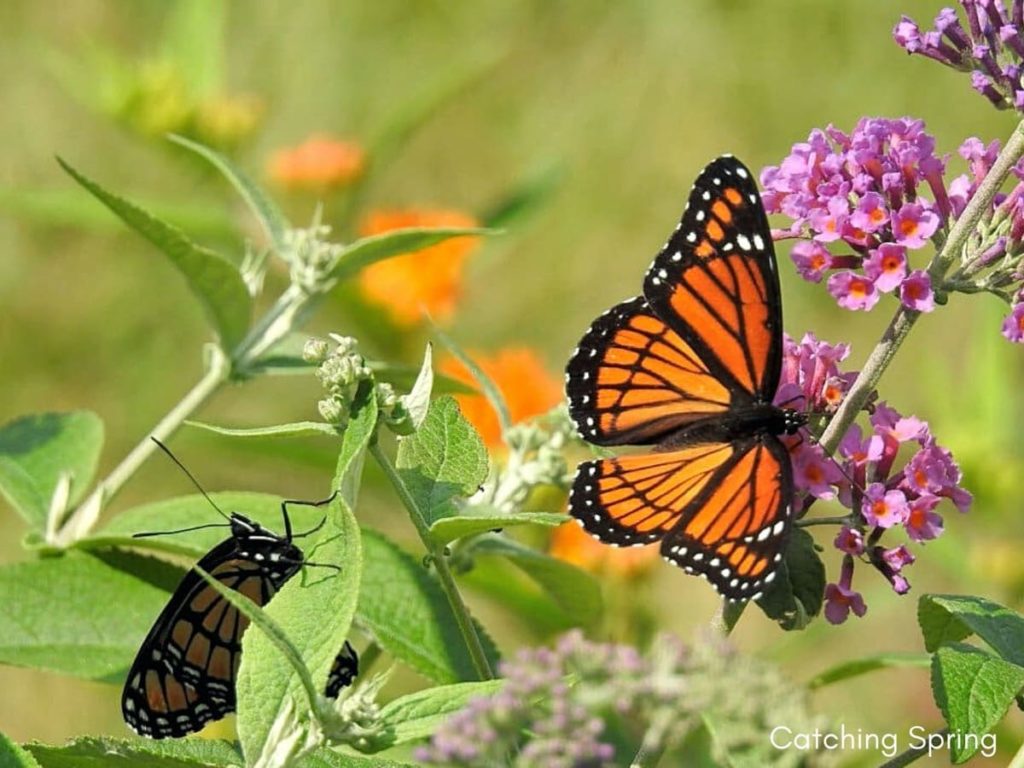
This is an important question that most people overlook.
Yet it’s a valid one to ask. For over time, if most of your garden brings you stress, you’re going to lose your love of gardening or think you have a brown thumb.
Most people don’t care for weeding, yet it’s just something we need to do, so look beyond that.
- Was it watching the activity buzzing around in the evenings while you sipped on a glass of wine with your loved one?
- Was it watching butterflies raise entire families all on your flowers and plants?
- Maybe it was watching individual plants thrive or seeing flowers through the whole growing season.
Look back and remember these things. Write them down. It will make a difference in how you plan for next year.
For example, if watching several hummingbirds go from flower to flower sipping nectar brings you the most incredible sense of wonder and joy, then next year’s plan should be to add flowers hummingbirds love.
You get the point.
Because let’s face it, the whole point of having a successful garden of any kind is when you can thoroughly enjoy it and feel that sense of accomplishment and pride.

2. Which plants thrived?
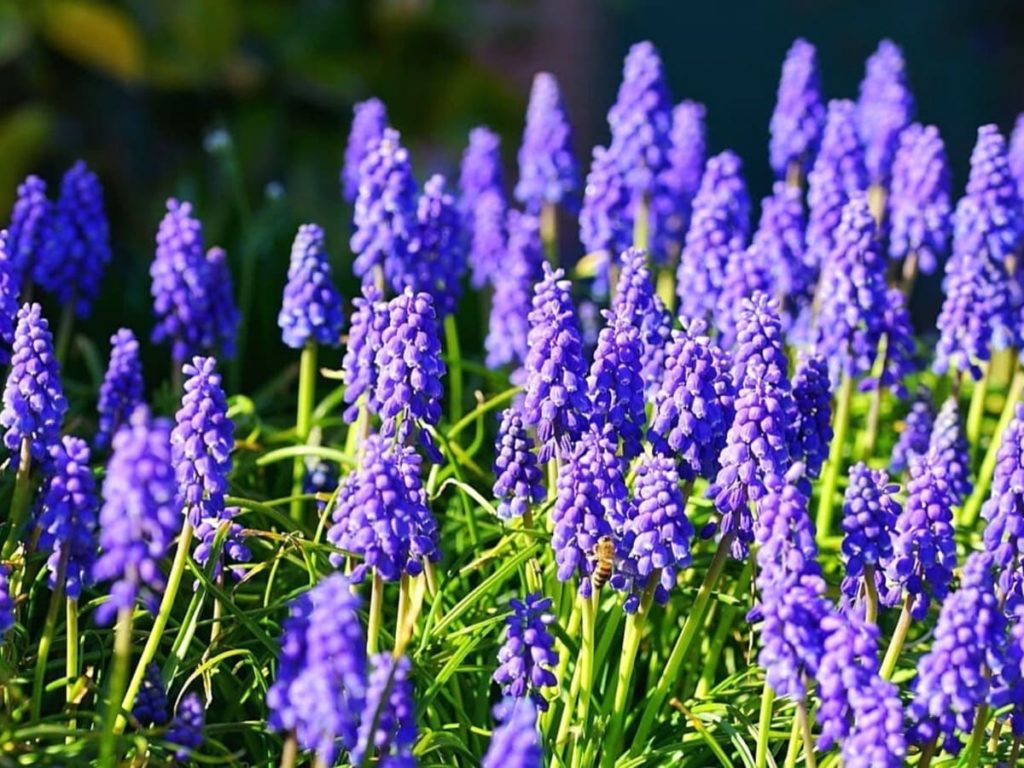
To have a successful garden next year, it’s important to note which plants thrived. Because if they thrived, they are happy.
- If I notice particular flowers that are doing well, I note their growing conditions, as they are apparently being met.
- If I want to plant more flowers or plants in that area, I will find plants with similar growing requirements.
- Also, maybe you did something different this year. If you’ve had a successful garden, then obviously you are doing something right!
It really is essential to either remember this or write it down. Because if it ain’t broke, don’t fix it. 🙂
3. Did you have any pest or disease problem?
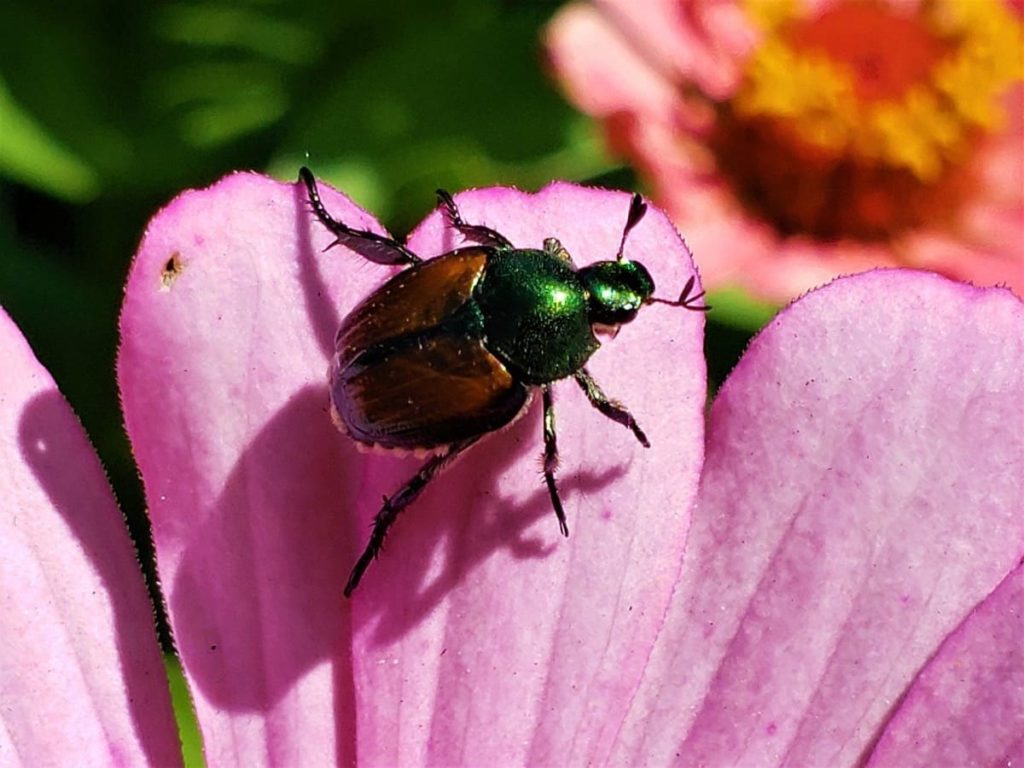
Any successful garden is going to have something unhealthy happening. Yet if it’s noticed, it can be fixed.
Particularly in common diseases like powdery mildew, this just means that your plant needs more air circulation around it or less water on the leaves.
Simply moving the plants could cure it for next year.
I noticed this with my bee balm. The year I planted it, it had a decent amount of sun.
The next year, our beautiful maple tree grew a bunch, giving the bee balm more shade, which led to the powdery mildew.
I moved it this year so it got more sun, and it thrived.
- Very often, a pest or disease problem will be instantly cured by moving its location or re-checking your care.
- Are you watering too much? Too little? How much sun is it getting? Is it being crowded? Too much fertilizer or not enough?
- Fix these issues, and you’ll see a gigantic difference in the health of your garden next year.
One thing I need to note here and this is something I’ve seen in my own gardens:
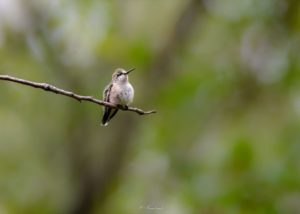
If you use pesticides and other chemicals, I can GUARANTEE that although it may temporarily seem to be a solution, it will cause so many problems later.
You’ll also notice less beneficial insects in your gardens, which will lead to fewer birds and fewer flowers due to lack of pollination.
Since I have forbidden chemicals of any kind in my gardens, they are nearly disease-free, and I have yet to see a garden pest infestation.
Keep in mind that quite honestly, most of the insects in our garden are beneficial in some way, even if we don’t like them.
As long as they aren’t invasive, like the Japanese beetle, you’ll find that the birds in your area will take care of “too many insects,” and you’ll have the perfect blend of beauty. HONESTLY.
Remember this as you plan for a successful garden next year!
4. Are any plants not growing like they used to?
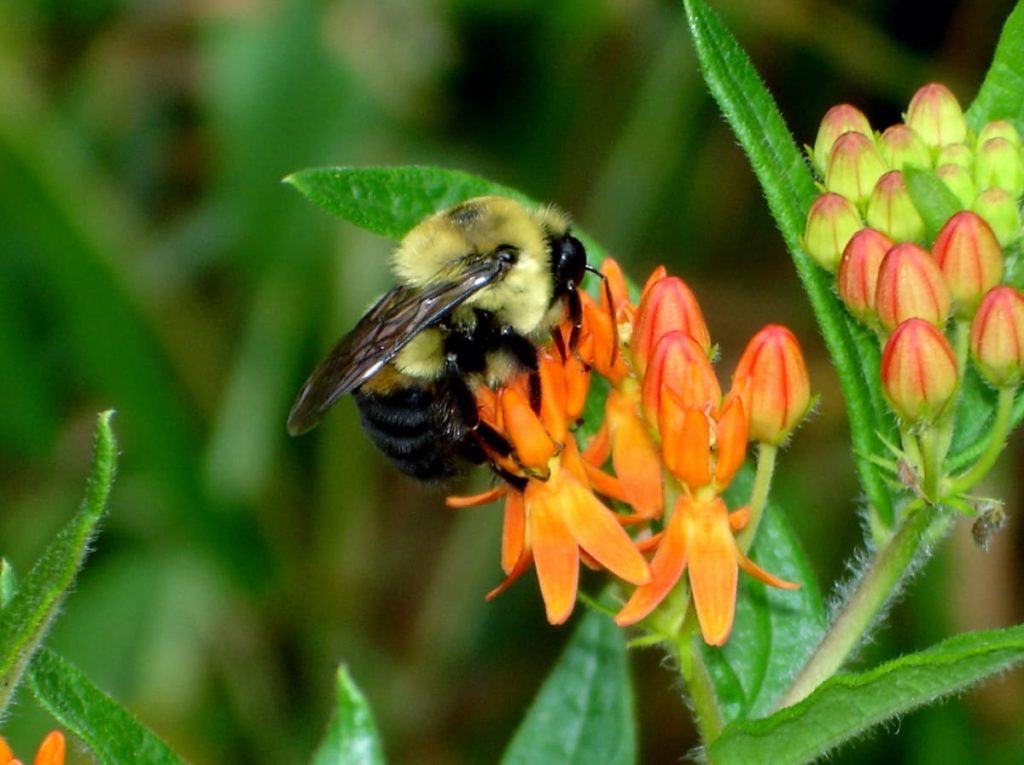
I already mentioned above my bee balm and the difference a little shade made in its life.
I’ve noticed that with many other plants, too, including my butterfly weed. It used to do excellent and even hosted the Monarch caterpillar. All of a sudden, it seemed to die off really early in the season.
I realized it was getting way too much water and was getting a little crowded. It makes a difference.
- Questions to ask yourself to have a successful garden next year are if the growing conditions have changed or if you are caring for them differently.
- Also, some plants don’t last forever, so they might just be dying off.
These are called short-lived perennials, and they may last 2-5 years on average. Some examples include:
- Columbine
- Coral bells
- Pincushion flower
- Hyacinth
- Blanket flower
- Delphinium
- Dianthus
- Shasta daisy
- Lupine
- Orange jewelweed
- Tickseed
- Brown-eyed Susan
- Baby’s breath
- White Corydalis

Some species DO self-sow, and there are always exceptions.
I have a list of plants I need to move in the spring and those that require slightly different care.
This will give me a more successful garden next year for sure!
5. What do you wish you had planted?
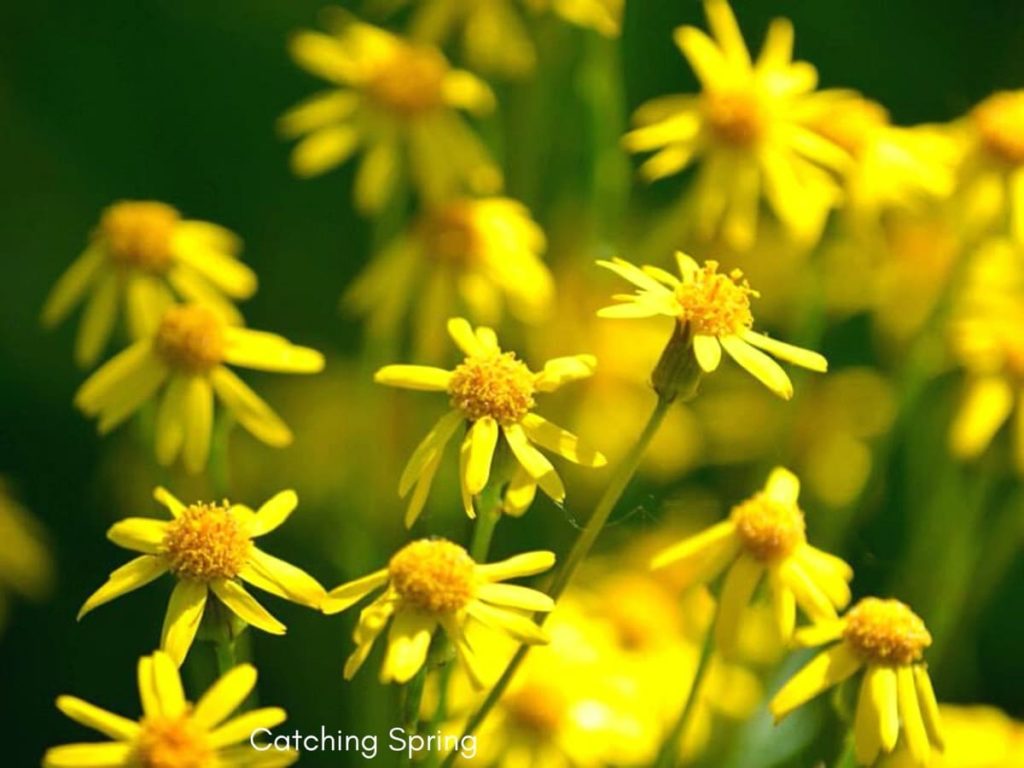
Most gardeners share my addiction… more flowers!
I can barely resist a clearance sale, and I can never stop buying seeds. I’m also always coveting flowers that friends have or butterflies seem to adore.
But this could lead to way too many flowers, way too little time. Even though I have plenty of room on my 10 acres, it is just me taking care of them, so I must pick and choose.
Questions to ask yourself when planning for new plants next year is:
- Are they easy to take care of?
- Are they native?
- Will they be invasive?
- Do pollinators, hummingbirds, or birds like them?
- Are they fit for my growing zone?
To be honest, I don’t like to mess around too much with changing soil like you have to with Azaleas, so I just don’t grow them.
I also have chickens, so anything tender, dainty, or fragile must either be encircled in chicken wire or not planted.
One of the most significant factors in what I plant is how beneficial the flower, plants, pollen, or nectar is for wildlife. Disease resistance is also an excellent choice. And I definitely go with native plants 95% of the time.
This adds to my joy as my flower gardens grow each year. Growing with beautiful, beneficial flowers that make me smile. 🙂
6. Did you have enough time for your garden?
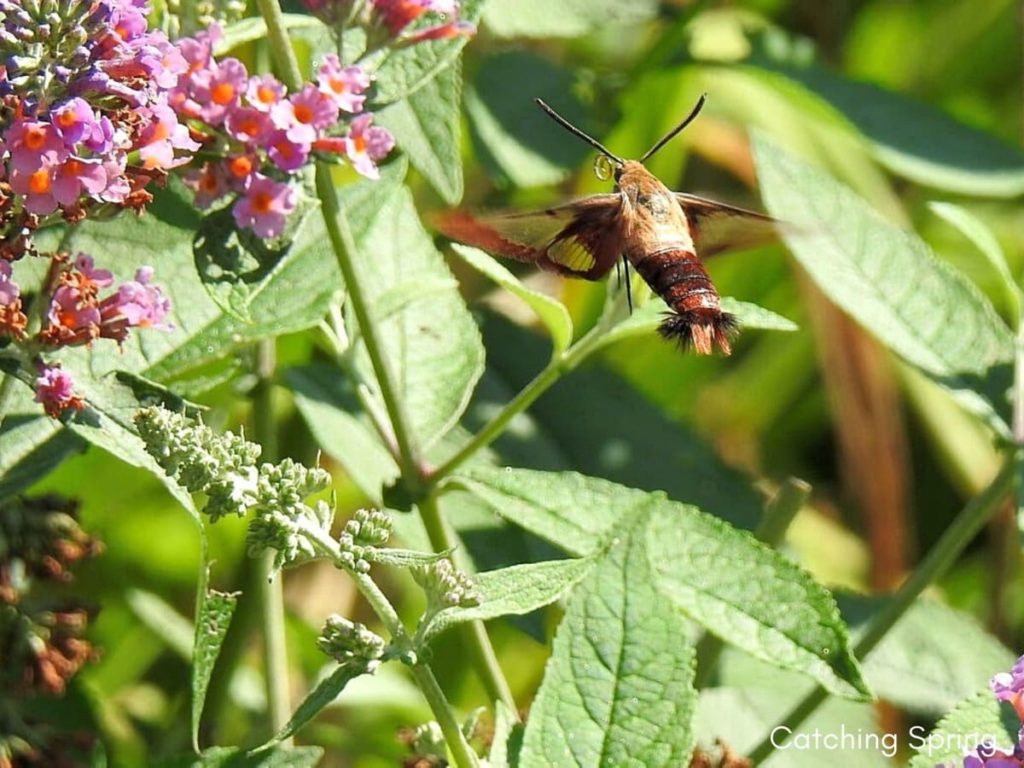
When I first got married and moved here, the flower gardens were more like weed gardens.
I tried my best in the spring to remove them all, but the rate they grew was insane. (I DO have special places for beneficial weeds to grow, but this wasn’t one of them!)
I was more of a newbie to in-depth care and didn’t have mulch, so I always gave up in the summer and ended up with a bed of weeds.
This made it stressful and frustrating, not fun. I just didn’t have enough time, and the flowers suffered for it.
After I learned more in-depth proper care, I had fewer weeds and more joy.
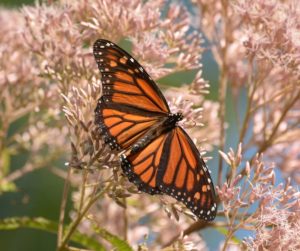
I never used any chemical but patiently removed all the weeds by hand. I then placed newspaper over any area where no flowers grew and added a thick layer of mulch.
That opened up a ton of time for me to actually work in my gardens and enjoy myself.
So ask yourself these questions:
- Maybe you need to downsize your gardens?
- Hire help?
- Get the family to pitch in?
- Plant flowers that require less care?
- Have a “gardening party” with friends to help each other?
Whatever the answer is, making sure you have enough time for what you are growing makes a difference in how much happiness you get from gardening.
A successful garden isn’t just when you have a massive harvest of vegetables or flowers galore. It’s also when spending time in that garden is like a haven for you.
It’s also when the wildlife in your yard thrives, and you see the difference you are making.
This is successful gardening. And this is when your gardens become the envy of all who enjoy them.
Thank you for joining me in our forever quest to have a successful garden. Do these things, and next year will be even better.
I’m curious, what part of your gardening gives you the most joy? Please comment below and share your answer with me.

Leave a Reply